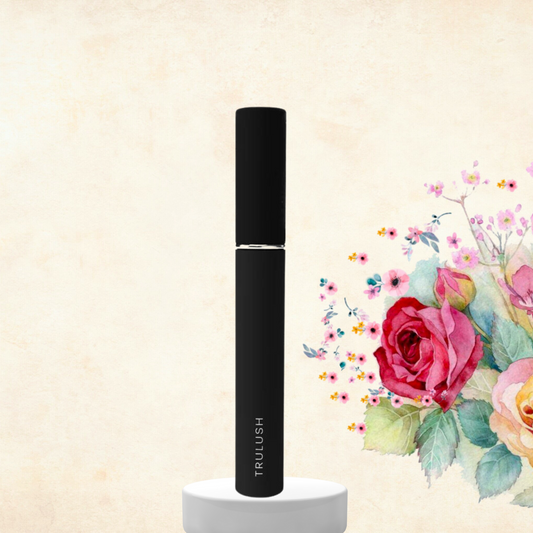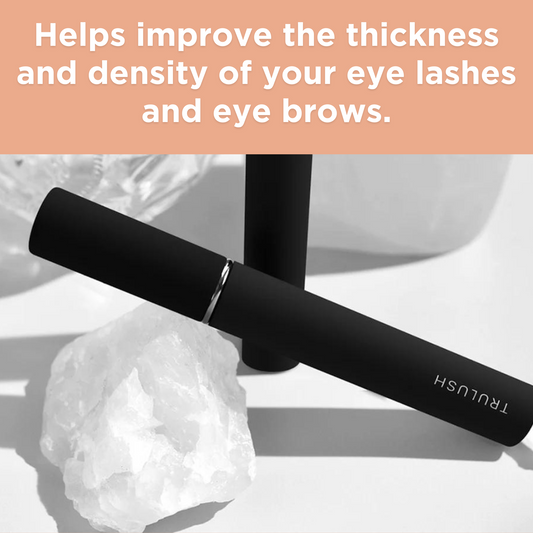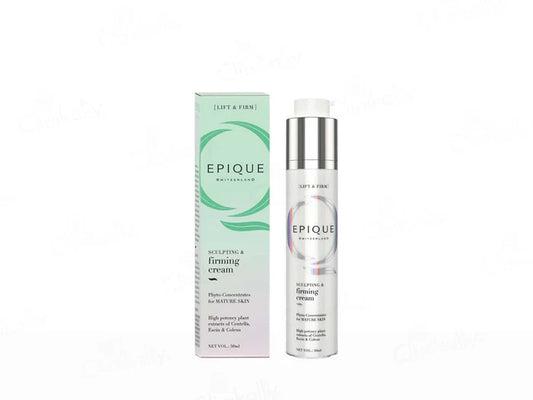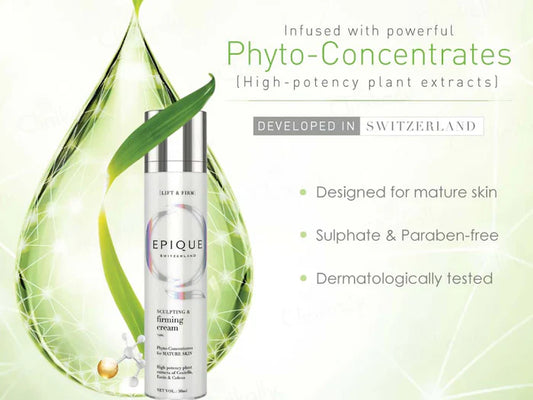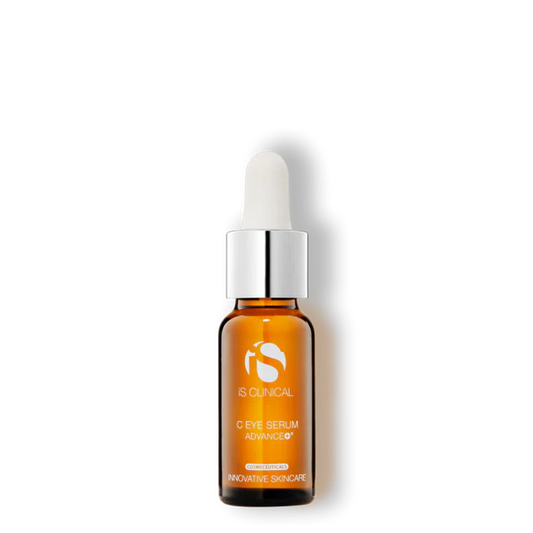Vitamin C in Skincare: Choosing the Right Form & Routine
This is a power pack anti oxidant, known for its ability to brighten the skin, fade hyperpigmentation, increase collagen production, and protect against environmental damage. But not all vitamin-C servers are the same. The market offers a variety of formulations, and the choice of the right choice can make all differences in actual results oe dealing with instability for Glowing Skin.
Introduction
In this guide, skin care will break down.
● The different forms of Vitamin C in skincare
● How they work and who they’re best for
● How to properly incorporate Vitamin C into your daily routine
● Before and after expectations
● The best products for your unique skin needs
Why Vitamin C deserve a Spot in Your Skin Care Routines
-
Potent antioxidant Provides protection from UV rays, contamination, stress fades away sun spots, dark areas &Acne scars Bright dull or uneven skin.
- Boostup collagen synthesis for wrinkle free and plumper skin
- Heals the overall skin resilience.
- It’s one of the few ingredients that delivers both immediate glow and long-term anti-aging benefits, making it ideal for almost all skin types—if used correctly.
Understanding the Different Forms of Vitamin C
1. L-Ascorbic Acid (LAA)
● Strength: 10–20%
● pH: 2.5–3.5 (acidic)
● Pros: Fast-acting, potent, and well-studied
● Cons: Unstable (oxidizes quickly), can be irritating
● Best For: Oily, resilient, and photoaged skin types seeking fast results
If your skin can tolerate it, LAA gives the strongest visible results—but it must be formulated and stored properly.
2. Sodium Ascorbyl Phosphate (SAP)
● Strength: 5–20%
● pH: ~6.5 (neutral)
● Pros: Very stable, anti-inflammatory, acne-friendly
● Cons: Slower to show brightening effects
● Best For: Sensitive, acne-prone, or rosacea-prone skin
SAP not only brightens but also helps fight acne-causing bacteria like P. acnes.
3. Magnesium Ascorbyl Phosphate (MAP)
● Strength: 5–10%
● pH: ~7 (gentle)
● Pros: Hydrating, supports barrier repair, less irritating
● Cons: Milder results, not as deeply penetrating
● Best For: Dry, mature, or reactive skin needing hydration and brightening
MAP is ideal for layering under a richer cream or as a Vitamin C option in winter months.
4. Tetrahexyldecyl Ascorbate (THD)
● Strength: 2–10%
● pH: Oil-soluble (non-aqueous)
● Pros: Deep penetration, lipid-loving, long shelf life
● Cons: Slower visible effects unless in high concentrations
● Best For: Dry, sensitive, and aging skin needing deep, stable antioxidant support
THD is a favorite in luxury formulations—it penetrates deeper layers and works well in serums and facial oils.
How to Use Vitamin C Effectively
Best Time to Apply: Morning
● Applying Vitamin C in the AM under sunscreen enhances protection against UV and pollution.
● At night, it can also pair well with peptides or niacinamide, but avoid combining with strong exfoliating acids or retinol unless your skin is used to it.
Application Tips
- Cleanse and pat skin dry.
- Apply Vitamin C serum first (before thicker serums or creams).
- Let it absorb for 1–2 minutes.
- Follow with moisturizer.
- Finish with broad-spectrum SPF 30+ (non-negotiable!).
How to Choose the Right Vitamin C for Your Skin
|
Skin Type |
Best Form |
Why It Works |
|
Oily / Acneic |
Sodium Ascorbyl Phosphate |
Stabilizes oil + kills bacteria |
|
Dry / Mature |
Tetrahexyldecyl Ascorbate |
Nourishing, deep absorption |
|
Sensitive |
Magnesium Ascorbyl Phosphate |
Low irritation risk |
|
Hyperpigmented |
L-Ascorbic Acid or THD |
Fastest results, deeper reach |
Pro tip: Always start with a lower concentration (5–10%) and build up as your skin tolerates it.
What Results Can You Expect?
Timeline:
● 1–2 weeks: More even tone, smoother texture
● 4–6 weeks: Reduced pigmentation, glowier skin
● 8–12 weeks: Firmer skin, reduced fine lines, improved elasticity
Common Before & After Improvements:
● Brighter, more radiant skin
● Faded post-acne marks and sun spots
● Smoother, plumper texture
● Healthier glow even without makeup
Common Mistakes to Avoid
● Using Vitamin C at the wrong pH: It won’t absorb properly or will cause irritation.
● Not pairing with SPF: UV cancels out Vitamin C’s benefits.
● Layering with strong acids or retinol: May overwhelm skin unless gradually introduced.
● Storing improperly: Exposure to air/light can oxidize and degrade your serum.
Recommended Products from Elantis Aesthetics
-
Bright C+ Serum (with Sodium Ascorbyl Phosphate)
Ideal for oily and sensitive skin. Brightens without irritation.
-
THD Vitamin C Radiance Drops
Deep-penetrating oil-based antioxidant serum for dry or mature skin.
-
C+HA Glow Booster
Combines Vitamin C and multi-weight hyaluronic acid for hydration + radiance.
Final Thoughts
Vitamin C is a science-backed essential that every skincare routine can benefit from—if you choose the right type and use it consistently. Whether you're looking to combat dullness, dark spots, or early signs of aging, there's a formulation perfect for your needs.
Ready to Glow?
Explore our full range of clinically formulated Vitamin C serums to find your ideal match. Not sure where to start? Take our quick Vitamin C Finder Quiz or chat with our in-house skincare advisor.

